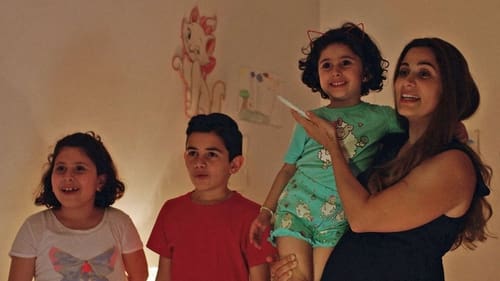
Kifah
매일 밤, 무스타파는 발코니에 서서 200미터 앞에 떨어진 집의 아내와 아이들과 서로 불을 껐다 켜면서 안부를 전한다. 팔레스타인을 가로지르는 장벽 건너편에서 일하기 때문에 물리적으로 가까이 있지만 서로 왕래하는 것이 매우 어렵다. 장벽을 건너려면 공항 이민국과 검색대를 통과하듯 지난하고 불친절한 행정절차를 거쳐야 하는데 이 마저도 때때로 기술적인 문제로 기약 없이 닫히기도 한다. 그 와중에 갑작스럽게 아들의 사고 소식을 듣게 되고 머나먼 길을 돌아서라도 아들을 찾아가려고 한다.

After his recovery, middle-aged Hamza has continued a practice he began 20 years ago when he was freed from an Israeli prison: he goes into the woods every day to chase the lion that the locals don’t think exists. Hamza struggles to reach a peaceful place. Despite his wife’s pleadings and the villagers’ contempt, Hamza sits his baits and traps in the forest, hoping to defeat the mysterious threat. He finds refuge in his journey from social rejection and denial. In the woods, Hamza is free to act according to his beliefs, fighting his own battle to heal an open wound – the trauma of losing his childhood friend, and the horrific memories of torture and guilt.


